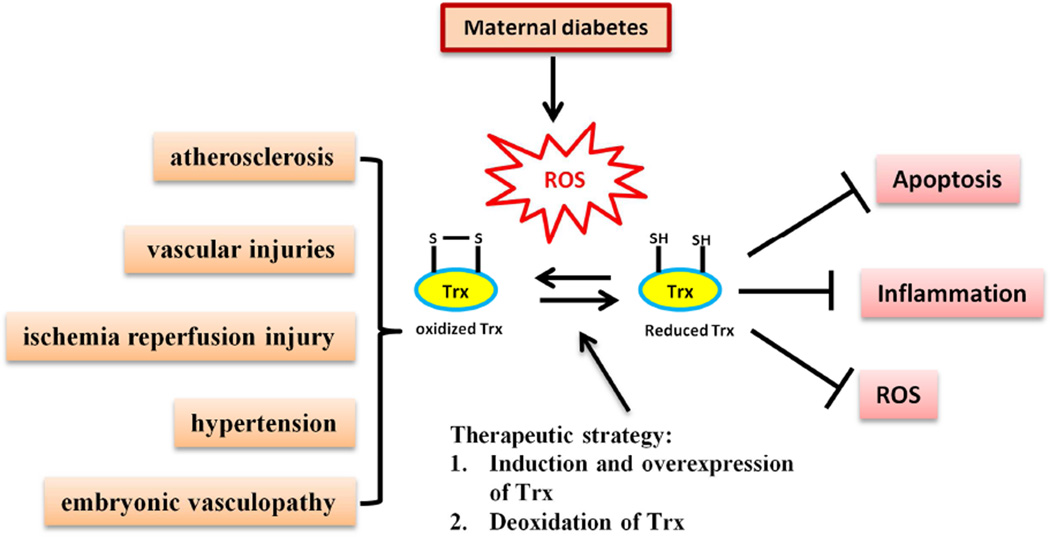Figure 4. Thioredoxin-1 (Trx) reduces diabetic yolk sac vasculopathy by scavenging ROS.
Reduced Trx is a potent antioxidant that decreases ROS levels through the function of its redox-active center. Trx ultimately protects cells from stress-induced damage by anti-oxidative, anti-apoptosis, and anti-inflammation processes. Maternal diabetes-induced oxidative stress disturbs the redox balance of Trx, leading to a disproportionate increase in oxidized Trx. High levels of oxidized Trx are associated with several cardiovascular diseases, including atherosclerosis, vascular injuries, ischemia reperfusion injury, hypertension, and yolk sac vasculopathy. The therapeutic strategy for maternal diabetes-associated embryopathy may be through induction or overexpression, and deoxidation of Trx.

